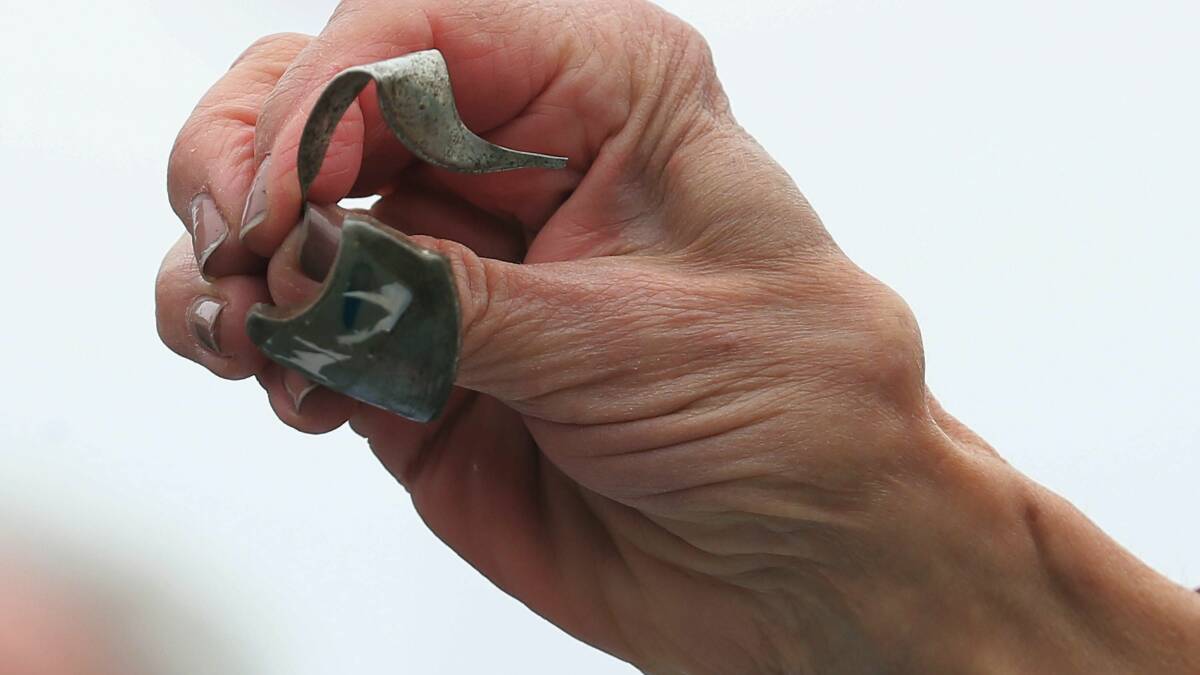The Takata airbag scandal marks a low point in corporate misconduct and government bungling and incompetence.
Subscribe now for unlimited access.
or signup to continue reading

Takata, the Japanese multi-national at the heart of the saga, has ceased to exist. The firm, which had generated $10 billion in 2016, filed for bankruptcy in June, 2017.
Core assets were acquired by its largest competitor, Key Safety Systems.
At the time of the bankruptcy, Takata, already responsible for one of the largest vehicle recalls the world had ever seen over defective seat belts in the 1990s, owed more in compensation than it could repay.
By early 2014, when Takata held 20 per cent of the global market, several international car makers had announced large scale voluntary recalls of cars fitted with its airbags.
Honda said the airbags might have contributed to 13 deaths and more than 100 injuries. The current figures are more than double that worldwide.
It is now known the faulty bags, which can discharge deadly shrapnel-like fragments of metal and plastic when they deploy, were being fitted to cars manufactured as early as 1998.
On November 18, 2014, the US National Highway Traffic Safety Administration ordered Takata to initiate a nation-wide recall.
The Australian government, for reasons that have yet to be adequately explained, did not issue a similar instruction to the local car industry until February 28, 2018.
It seriously underestimated the problem and left it up to Takata and the manufacturers to deal with the issue. This was a negligent call that effectively meant private corporations could decide how much they should spend to protect the owners of their admittedly defective products.
READ MORE:
It is no surprise that in the years that followed the remediation program unfolded with all the speed of a lethargic snail on Temazepam.
In many cases consumers were given "like-for-like". Potentially deadly bags were replaced with equally faulty units on the presumption that, as the experts believed the problem was a degenerative one, newer units were safer than older ones; for the time being at least. Brilliant - not.
The crisis reached a new high water mark in Australia last week following the recent coronial inquest into the death of Sydney man Huy Neng Ngo, who was killed when the airbag in his Honda CR-V deployed during a minor accident in July 2017. It malfunctioned, driving a "tube-like metal object" into his neck.
It was reported the following month that at least 50,000 Australian cars, fitted with the "Alpha" bags that have a 50 per cent failure rate compared with 0.25 per cent for the others, had not been through the recall.
Mr Ngo's accident, and the appallingly slow rate of progress, were apparently two of the factors that finally prompted the federal government to intervene.
It has now moved again, issuing a warning on Friday that 20,000 vehicles, presumably those still fitted with "Alpha" bags, are now critical and should not be driven. They are just some of the 425,971 Australian cars that still need to be fixed.
In view of the fact these vehicles become more deadly with each passing day, and the apparent reluctance of many owners to participate in the recall, which has now been very well publicised, this is still a day late and a dollar short.
Why, if the government believes these 20,000 vehicles are too dangerous to be driven, isn't it considering calling on state and territory governments to revoke their registration? And could it perhaps look at a ban been on their resale? That, at least, would stop recalcitrant owners from passing the problem down the line.

